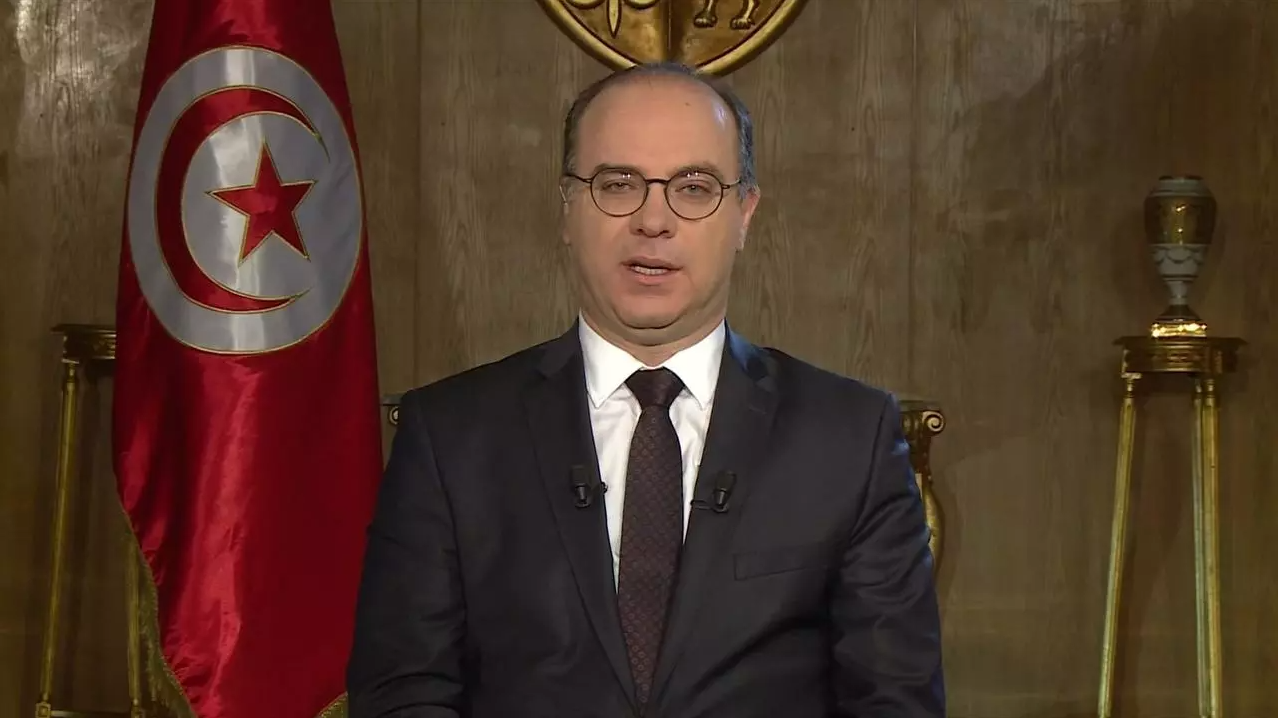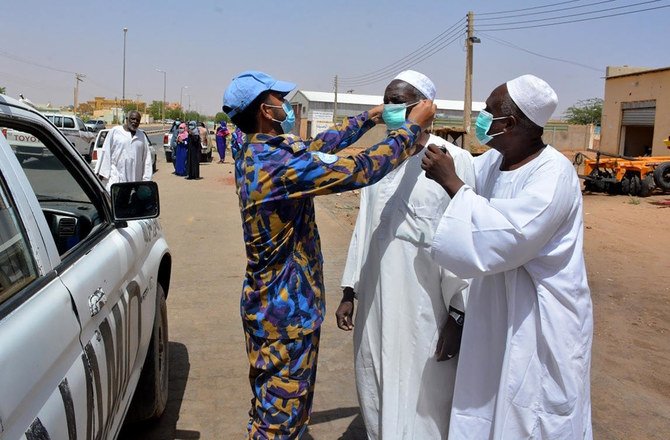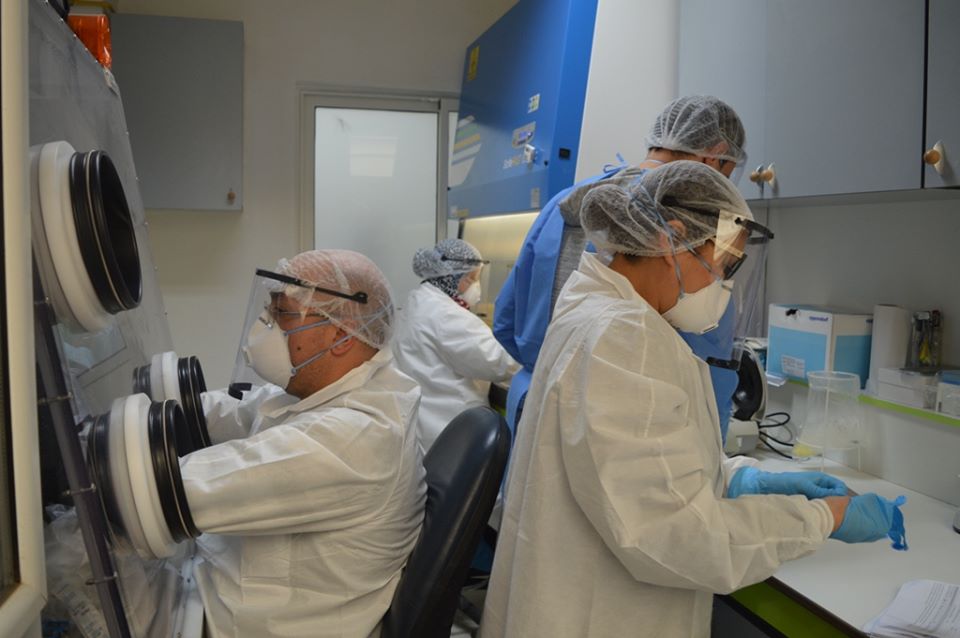Tunisian Prime Minister Elyes Fakhfakh used a national address on Tunisian television on Sunday, June 14 to declare victory over the coronavirus epidemic in the North African nation. The prime minister highlighted the repatriation of 25,000 Tunisians from countries abroad as he emphasized Tunisians should be proud of themselves for beating COVID-19.
On June 27, Tunisia will reopen its borders and welcome back tourists who provide much-needed revenue in the country that has seen its economy frozen in place for months. Despite their hit on the economy, the stringent measures and general adherence to lockdowns and curfews was a major contributor to Tunisia’s success, according to Fakhfakh.
Tunisia recorded 1,096 total cases of the coronavirus, with 49 Tunisian casualties. Recoveries are currently at 998, leaving only a few citizens receiving treatment and with few new cases reported since May 10. On June 16, a day after the PM’s speech, 16 new cases were reported according to the North Africa Post.
The country’s relative success in halting the spread of the virus did come at a significant economic cost and uncertainty prevails over whether the country should ask for foreign support.
External debt
On Sunday, Fakhfakh spoke about the economic state of the country as the government faces a $1.6 billion shortage in public financing due to the coronavirus epidemic. The debate has raged regarding whether the country should request funds from international institutions, or whether austerity could alleviate the financial burden.
“External debt reached dangerous levels and now reached 60% of GDP, compared to 30% in 2013 and I decided not to continue in this way,” Fakhfakh told Attessia TV. The government’s proposed solution is a freeze in public sector wages and a reliance on internal loans to solve the economic crisis.
“Public finances are very critical and we cannot continue with the approach of increasing wages,” Fakhfakh stated as the country faces an economy set to shrink by 4.3%. “Public finances are very critical and we cannot continue with the approach of increasing wages,” Fakhfakh said, potentially setting up a conflict with Tunisia’s influential general labor union, UGTT.
Tunisia’s powerful labor union has stated that Tunisia’s average public sector wage of $250 per month is one of the lowest in the world and a freeze on public sector wages would mean personal incomes would decrease in respect to a 6.3% inflation rate.
Debating foreign assistance
Fakhfakh’s proclamation about public sector wages on Sunday will undoubtedly require reconsideration. The World Bank approved a $175 million disbursement from a collective international support fund known as the Resilience and Recovery Emergency Development Policy Operation.
“This crisis is a serious challenge,” Ferid Belhaj of the World Bank stated, “but it could also be an opportunity for Tunisia to redefine its position in the global economy by improving conditions for investment and job creation in the private sector.”
“This is an unprecedented budget support,” Tunisia’s Minister for Development, Investment and International Cooperation, Selim Azzabi stated. But it appears that the aid could come with major demands from the World Bank, as Azzabi said that the aid “required intense inter-donor coordination of several months carried out by our ministry.”
A statement from the World Bank included references to “improve the transparency and performance of state-owned enterprises” and “improving the business climate,” which are often euphemisms for nationalizing industry and cutting taxes and regulations for large businesses.
It is not yet clear whether Fakhfakh’s unpopular announcement on public sector wages is his own decision or simply acquiescence to a condition demanded as part of World Bank assistance.





